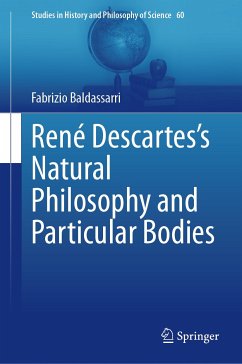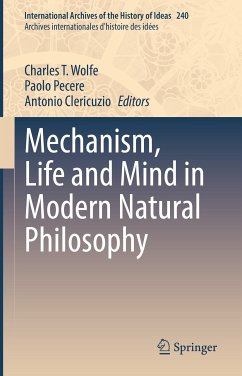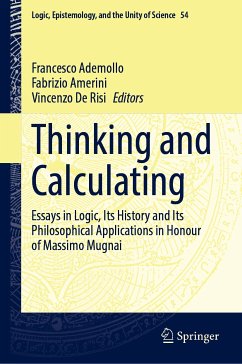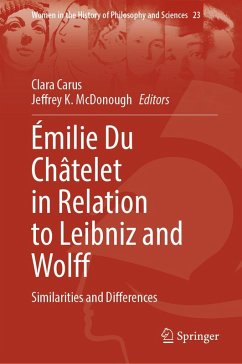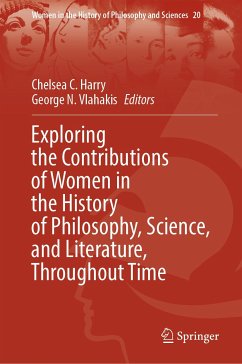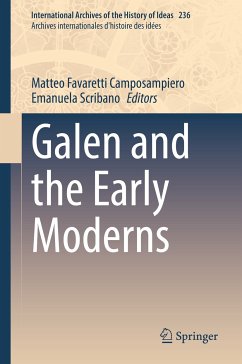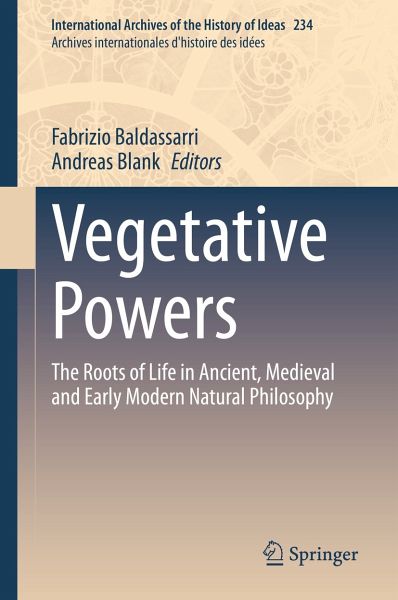
Vegetative Powers (eBook, PDF)
The Roots of Life in Ancient, Medieval and Early Modern Natural Philosophy
Redaktion: Baldassarri, Fabrizio; Blank, Andreas
Versandkostenfrei!
Sofort per Download lieferbar
128,95 €
inkl. MwSt.
Weitere Ausgaben:

PAYBACK Punkte
64 °P sammeln!
The volume analyzes the natural philosophical accounts and debates concerning the vegetative powers, namely nutrition, growth, and reproduction. While principally focusing on the early modern approaches to the lower functions of the soul, readers will discover the roots of these approaches back to the Ancient times, as the volume highlights the role of three strands that help shape the study of life in the Medieval and early modern natural philosophies. From late antiquity to the early modern period, the vegetative soul and its cognate concepts have played a substantial role in specifying life...
The volume analyzes the natural philosophical accounts and debates concerning the vegetative powers, namely nutrition, growth, and reproduction. While principally focusing on the early modern approaches to the lower functions of the soul, readers will discover the roots of these approaches back to the Ancient times, as the volume highlights the role of three strands that help shape the study of life in the Medieval and early modern natural philosophies. From late antiquity to the early modern period, the vegetative soul and its cognate concepts have played a substantial role in specifying life, living functions, and living bodies, sometimes blurring the line between living and non-living nature, and, at other moments, resulting in a strong restriction of life to a mechanical system of operations and powers. Unearthing the history of the vegetative soul as a shrub of interconnected concepts, the 24 contributions of the volume fill a crucial gap in scholarship, ultimately outlining the importance of vegetal processes of incessant proliferation, generation, and organic growth as the roots of life in natural philosophical interpretations.
Dieser Download kann aus rechtlichen Gründen nur mit Rechnungsadresse in A, B, BG, CY, CZ, D, DK, EW, E, FIN, F, GR, HR, H, IRL, I, LT, L, LR, M, NL, PL, P, R, S, SLO, SK ausgeliefert werden.




